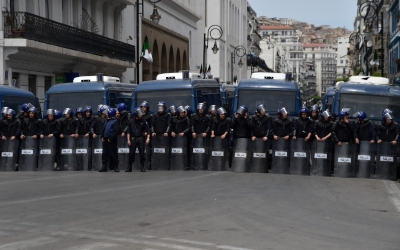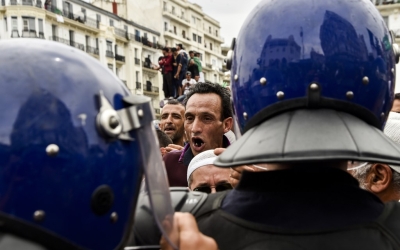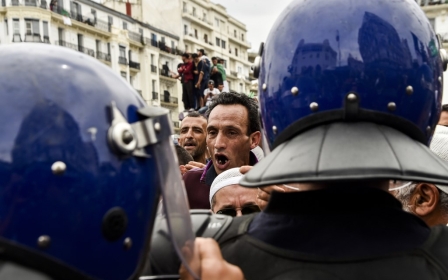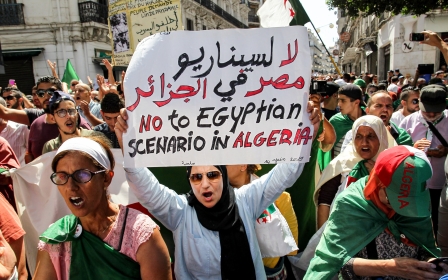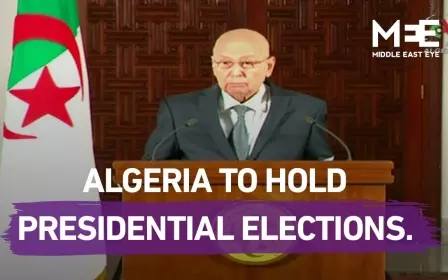Algerian army chief moves to limit protest movement
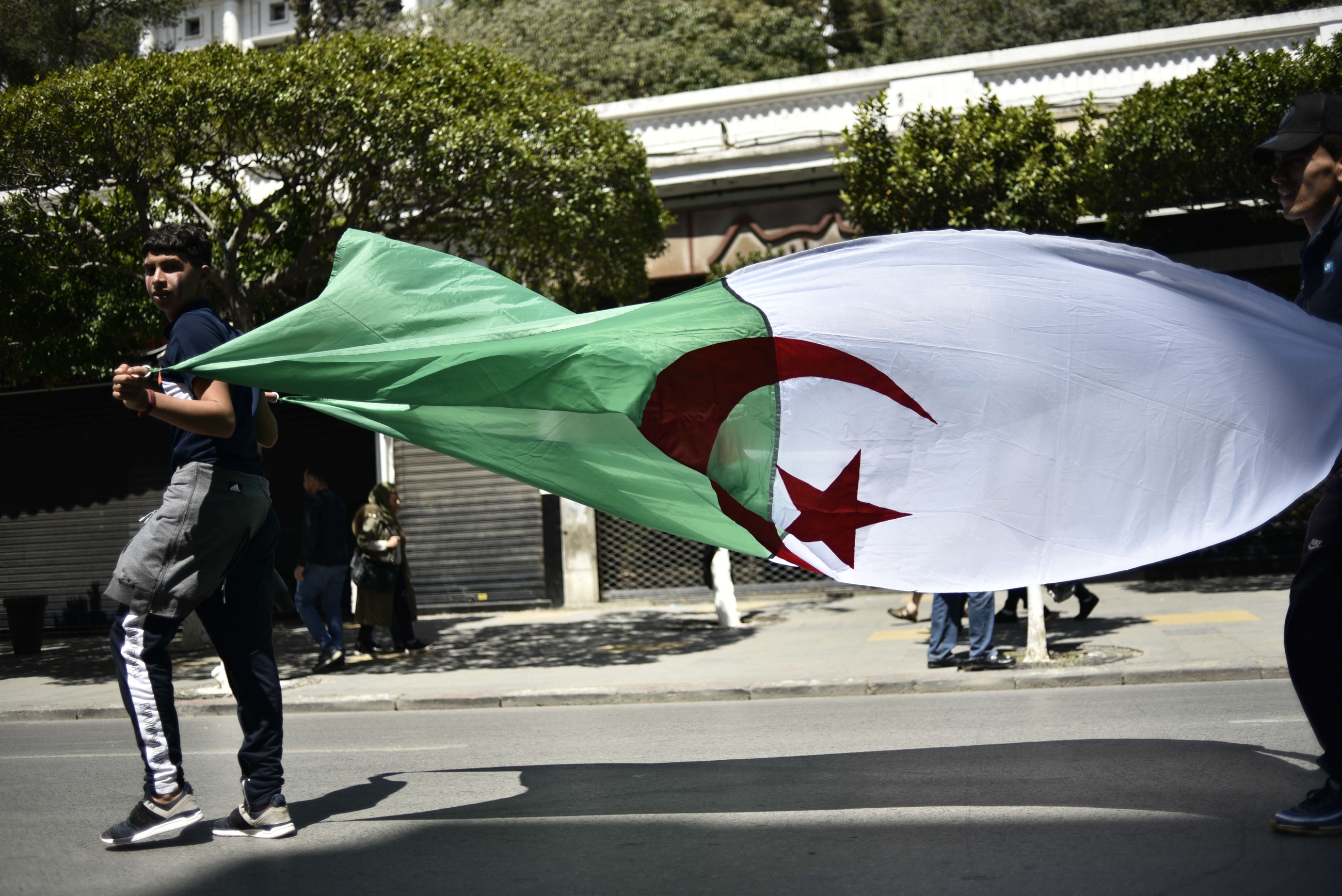
Algeria's powerful army chief has ordered buses and cars bringing protesters into the capital Algiers to be stopped and seized, the latest in a series of measures aimed at quelling big weekly demonstrations demanding a purge of the old ruling elite.
"We have instructed the gendarmerie to... stop buses and cars that are used to this end; to seize and impose fines on their owners," Lieutenant General Ahmed Gaed Saleh said on Wednesday.
The ban was needed to counter "certain parties... with bad intentions" who were exploiting freedom of movement to "disturb the peace of civilians", he said.
He said such groups were "falsely claiming to be the voice of the Algerian people".
The army chief's latest decision drew a swift condemnation from Said Salih, vice president of the Algerian League for the Defence of Human Rights.
The move is "illegal" under the Algerian constitution which "guarantees Algerians civil equality and freedom of movement", he told AFP.
Anger at election date
Gaed Saleh made the comments in his first public speech since interim president Abdelkader Bensalah on Sunday announced elections on 12 December to resolve the political deadlock gripping the country since April's resignation of longtime president Abdelaziz Bouteflika after months of street protests.
The army general has led the push for polls by the end of the year, despite mass protests demanding political reforms and the removal of the former president's loyalists, including Gaed Saleh himself, before any vote.
But the grassroots protests have shown no sign of waning, demanding constitutional changes and other reforms before a legitimate election can be held.
As on previous Tuesdays and Fridays since February, protesters massed in Algiers on the eve of the army chief's announcement, demanding the cancellation of the December vote and calling for key regime figures to step down first.
Officially, demonstrations have been banned in Algiers since 2001 but the prohibition has been ignored since rallies started on 22 February against the ailing Bouteflika's bid for a fifth presidential term.
Constitutional crisis
While the government has made more concessions to the protesters by detaining and charging numerous senior figures close to Bouteflika with corruption, it has also intensified policing at demonstrations and detained prominent activists
The police have made multiple arrests in Algiers before the start of Friday rallies in recent weeks.
Bensalah's announcement of December polls came after protesters returned to the streets last Friday and protested against bills passed in parliament clearing the way for elections.
Presidential polls originally planned for 4 July were already postponed due to a lack of viable candidates, plunging the country into a constitutional crisis as Bensalah's 90-day mandate expired in early July.
The army's high command has rejected any solution to the crisis other than presidential elections "in the shortest possible time".
Middle East Eye propose une couverture et une analyse indépendantes et incomparables du Moyen-Orient, de l’Afrique du Nord et d’autres régions du monde. Pour en savoir plus sur la reprise de ce contenu et les frais qui s’appliquent, veuillez remplir ce formulaire [en anglais]. Pour en savoir plus sur MEE, cliquez ici [en anglais].


